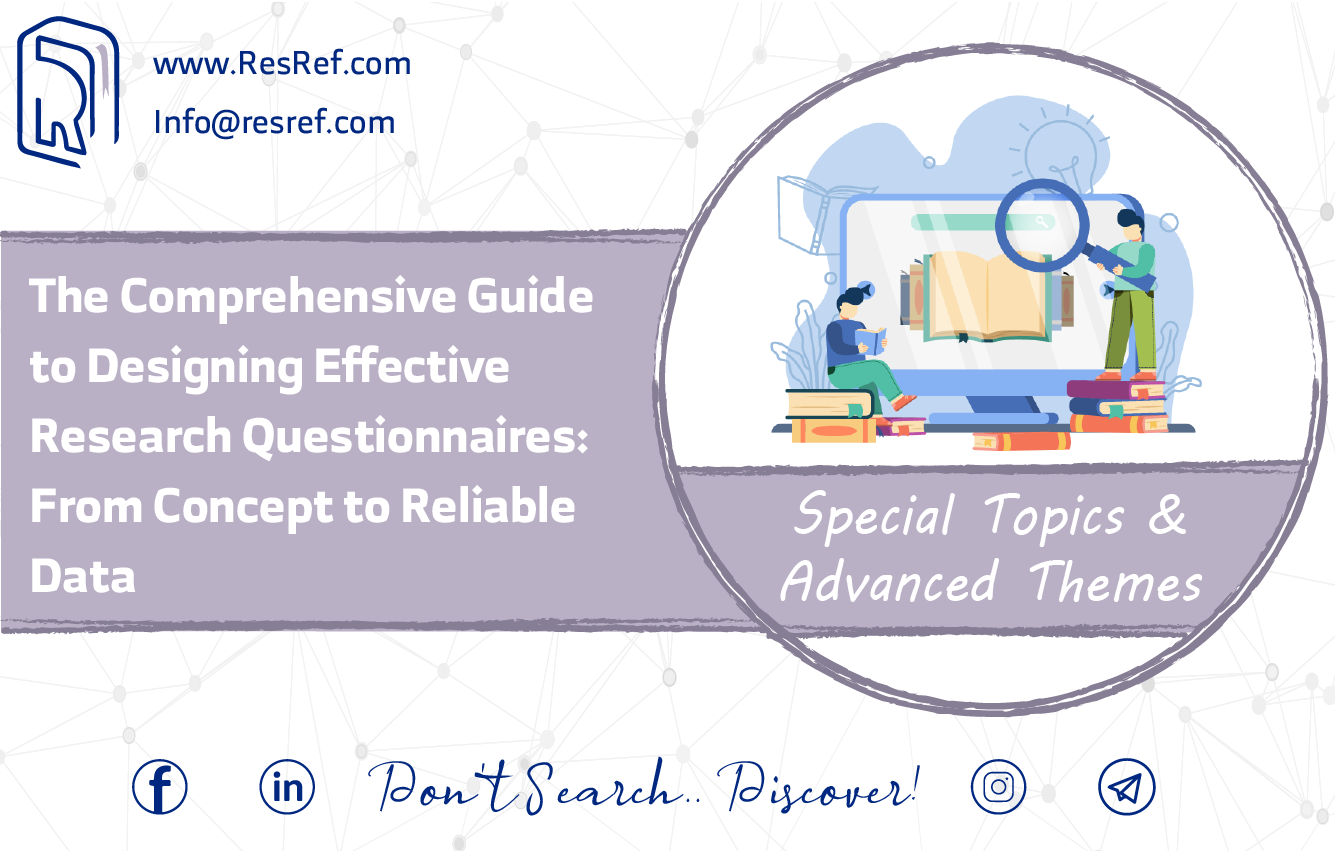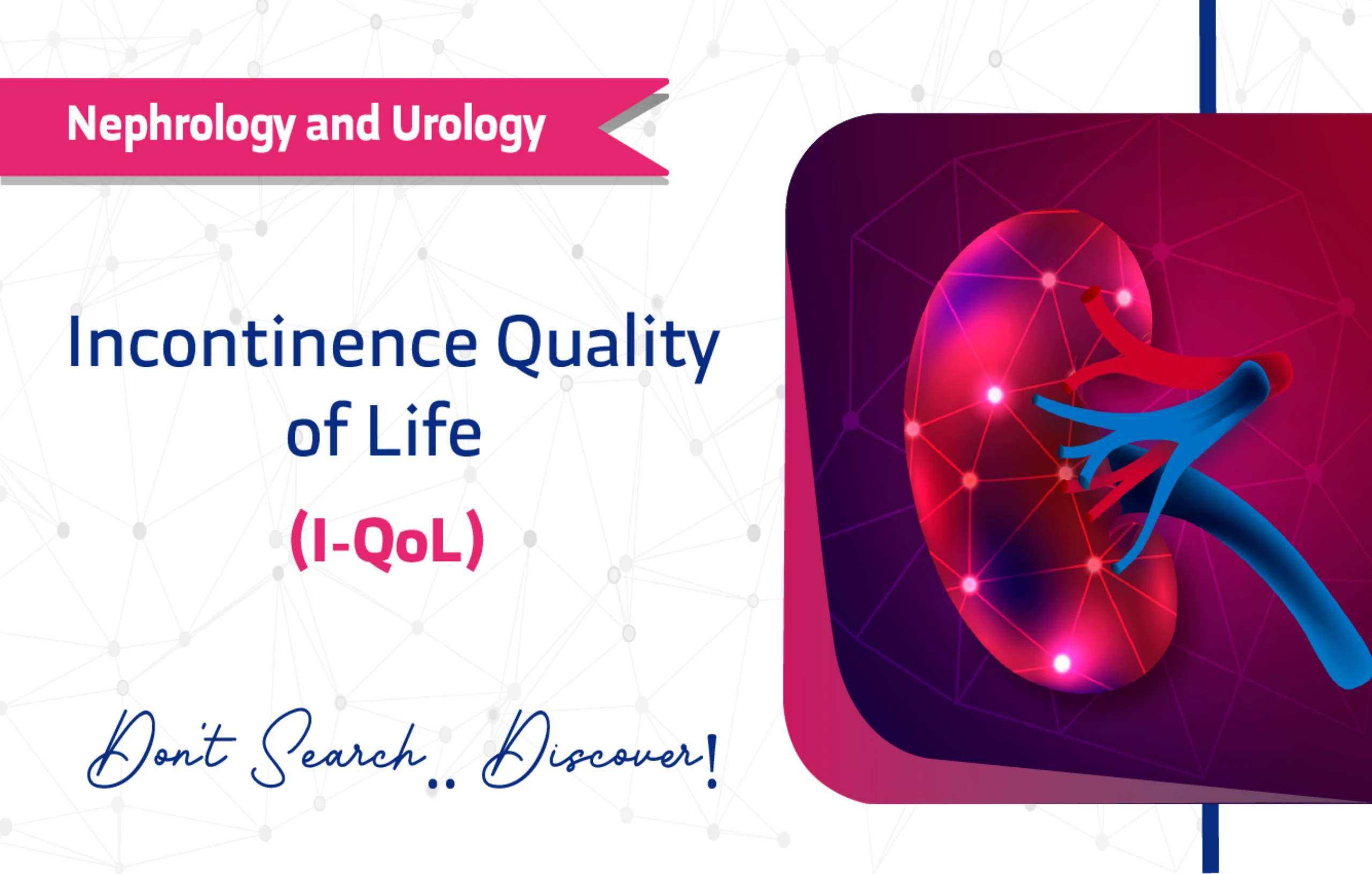Introduction
The Flourishing Scale (FS), developed by Ed Diener and colleagues in 2009, serves as a cornerstone for assessing eudaimonic well-being with a focus on psychological prosperity and social-psychological functioning. Springer published the FS in Social Indicators Research, and it has garnered over 6,200 citations on Google Scholar, highlighting its prominence in psychology and mental health research.
Unlike hedonic well-being tools that prioritize pleasure, the FS uniquely evaluates purpose, relationships, self-esteem, and optimism, providing a robust framework for understanding human thriving. Consequently, this article explores the FS’s features, scoring, applications, and limitations, offering researchers and clinicians a practical resource to enhance their work.
Key Features of the Flourishing Scale (FS)
Purpose and Use
Diener and colleagues designed the FS to evaluate core aspects of psychological prosperity, such as purpose, relationships, engagement, and optimism. Specifically, it measures eudaimonic well-being—functioning-focused thriving—rather than fleeting happiness. Therefore, researchers widely use it to assess positive mental health, while clinicians apply it to monitor patient well-being beyond symptom reduction.
Target Population
The Flourishing Scale targets a broad audience, including adolescents (13–17), young adults (18–24), middle-aged adults (25–44), older adults (45–64), and seniors (65+). Importantly, Diener and colleagues excluded children under 13, ensuring the scale suits developmentally appropriate populations.
Structure
The FS includes 8 items, each addressing a distinct subdomain of eudaimonic well-being:
Purpose: “I lead a purposeful and meaningful life.”
Relationships: “My social relationships are supportive and rewarding.”
Engagement: “I am engaged and interested in my daily activities.”
Contribution: “I actively contribute to the happiness and well-being of others.”
Competence: “I am competent and capable in the activities that are important to me.”
Self-Regard: “I am a good person and live a good life.”
Optimism: “I am optimistic about my future.”
Respect: “People respect me.”
Each item employs a 7-point Likert scale (1 = Strongly disagree, 7 = Strongly agree), ensuring a concise yet comprehensive design. Additionally, respondents complete it in less than 5 minutes, enhancing its practicality.
Scoring Method
To score the FS:
Add the responses (1–7) for all 8 items, with no reverse scoring required.
The total score ranges from 8 to 56, where higher scores reflect greater flourishing.
Although no clinical cut-off scores exist, the scale’s sensitivity to change supports tracking progress over time.
Administration Format
The FS offers flexibility, allowing administration through:
Paper-based forms
Digital (online) platforms
In-person interviews
Phone or video calls
Its self-administered nature eliminates the need for specialized training, making it accessible for busy researchers and clinicians.
Applications of the Flourishing Scale (FS)
The FS serves multiple purposes in psychology and mental health:
Screening: It identifies individuals with high or low psychological prosperity.
Monitoring: It tracks changes in well-being, particularly in response to interventions.
Research: Researchers widely adopt it in studies to evaluate positive mental health, as evidenced by its extensive citations.
For instance, its concise design suits longitudinal studies, while its focus on eudaimonic well-being complements tools assessing other aspects of mental health.
Languages and Availability
The FS is available in the following languages:
Arabic
English
Mandarin Chinese
Spanish
French
Russian
As well as German, Portuguese, Japanese, Hindi and Other +11 languages are available
This multilingual accessibility supports global research and clinical applications. Moreover, professionals can use the FS free of charge under a Creative Commons (CC BY) license. The scale is copyrighted but free for all professionals (researchers and practitioners) to use without permission or charge, provided they credit the authors: Diener, E., Wirtz, D., Tov, W., Kim-Prieto, C., Choi, D., Oishi, S., & Biswas-Diener, R. (2009). New measures of well-being: Flourishing and positive and negative feelings. Social Indicators Research, 39, 247-266.
Reliability and Validity
The FS demonstrates high reliability and validity, with a Cronbach’s alpha of 0.87, indicating strong internal consistency. Furthermore, it shows good test-retest reliability (r = 0.71 over 1 month), ensuring stability. Validation studies include:
- Original Validation (Diener et al., 2010)
- Validation in Suboptimal Well-Being Groups (Schotanus-Dijkstra et al., 2016) 310.
- Geriatric Validation in Iran
- Systemic Review of Adolescent Flourishing
- Validating the Flourishing Scale and the Scale of Positive and Negative Experience in India: Singh et al., 2016
- Measurement Invariance of the Flourishing Scale among a Large Sample of Canadian Adolescents: Romano et al, 2020
These studies confirm its robustness across diverse populations.
Limitations and Considerations
Despite its strengths, the FS presents a few limitations:
Self-report: Respondents may skew answers due to social desirability bias or personal interpretation.
Narrow Focus: The scale emphasizes eudaimonic well-being, potentially overlooking hedonic aspects like pleasure or happiness.
Social Desirability Bias: Individuals may overreport positive traits to align with societal expectations.
Nevertheless, its psychometric rigor and concise design establish it as a gold standard for assessing flourishing.
Other Versions and Related Questionnaires
No alternative versions of the FS exist, but complementary tools include:
These tools broaden the assessment of well-being, complementing the FS’s focused approach.
Additional Resources
For more information on the FS:
- Access the Original Validation Study.
- Download the questionnaire as a PDF.
- Contact Professor Ed Diener for inquiries.
Visit the Oficial FS Webpage for detailed scale information.
Frequently Asked Questions (FAQ)
Who can use the FS?
Researchers, clinicians, and healthcare providers apply the FS to individuals aged 13 and older to assess psychological well-being.How long does it take to complete the FS?
Respondents complete it in less than 5 minutes, making it practical for research and clinical settings.How do professionals administer the FS?
They can deliver it via paper, digital platforms, in-person interviews, or phone/video calls.Does using the FS incur any cost?
Professionals use the FS free under a Creative Commons (CC BY) license, requiring only author attribution.
A Word from ResRef about the Flourishing Scale (FS)
The FS revolutionized well-being measurement by condensing complex psychological prosperity into 8 intuitive questions—making it indispensable for researchers and clinicians prioritizing human thriving beyond mere happiness.
References
- Diener, E., Wirtz, D., Tov, W. et al.New Well-being Measures: Short Scales to Assess Flourishing and Positive and Negative Feelings. Soc Indic Res 97, 143–156 (2010). Link
- Schotanus-Dijkstra, M., ten Klooster, P.M., Drossaert, C.H.C. et al.Validation of the Flourishing Scale in a sample of people with suboptimal levels of mental well-being. BMC Psychol 4, 12 (2016). Link
- Fassih-Ramandi Z, Soleimani MA, Allen KA, Gorgulu O, Motalebi SA. Validity and Reliability of the Flourishing Scale in a Sample of Older Adults in Iran. Clin Interv Aging. 2020;15:673-681 Link
- Waigel NC, Lemos VN. A Systematic Review of Adolescent Flourishing. Eur J Psychol. 2023 Feb 28;19(1):79-99. doi: 10.5964/ejop.6831. PMID: 37063696; PMCID: PMC10103060. Link
- Singh, K., Junnarkar, M., & Jaswal, S. (2018). Validating the flourishing scale and the scale of positive and negative experience in India. In Assessment of mental health, religion and culture(pp. 218-229). Routledge. Link
- Romano, I., Ferro, M. A., Patte, K. A., Diener, E., & Leatherdale, S. T. (2020). Measurement Invariance of the Flourishing Scale among a Large Sample of Canadian Adolescents. International Journal of Environmental Research and Public Health, 17(21), 7800. Link
- Yeo ZZ, Suárez L. Validation of the mental health continuum-short form: The bifactor model of emotional, social, and psychological well-being. PLoS One. 2022 May 18;17(5):e0268232. doi: 10.1371/journal.pone.0268232. PMID: 35584145; PMCID: PMC9116639. Link
- Butler, J., & Kern, M. L. (2016). The PERMA-Profiler: A brief multidimensional measure of flourishing. International Journal of Wellbeing, 6(3), 1-48. Link
- Tennant, R., Hiller, L., Fishwick, R. et al.The Warwick-Edinburgh Mental Well-being Scale (WEMWBS): development and UK validation. Health Qual Life Outcomes 5, 63 (2007). Link









2 thoughts on “Flourishing Scale (FS): A Full Guide for Researchers and Clinicians”
This guide is so useful.
Thanks for sharing. I read many of your blog posts, cool, your blog is very good.